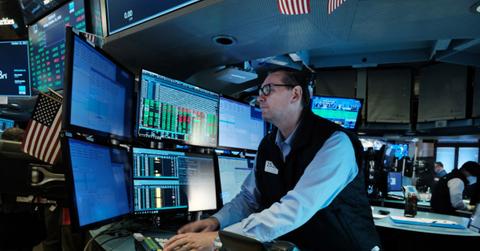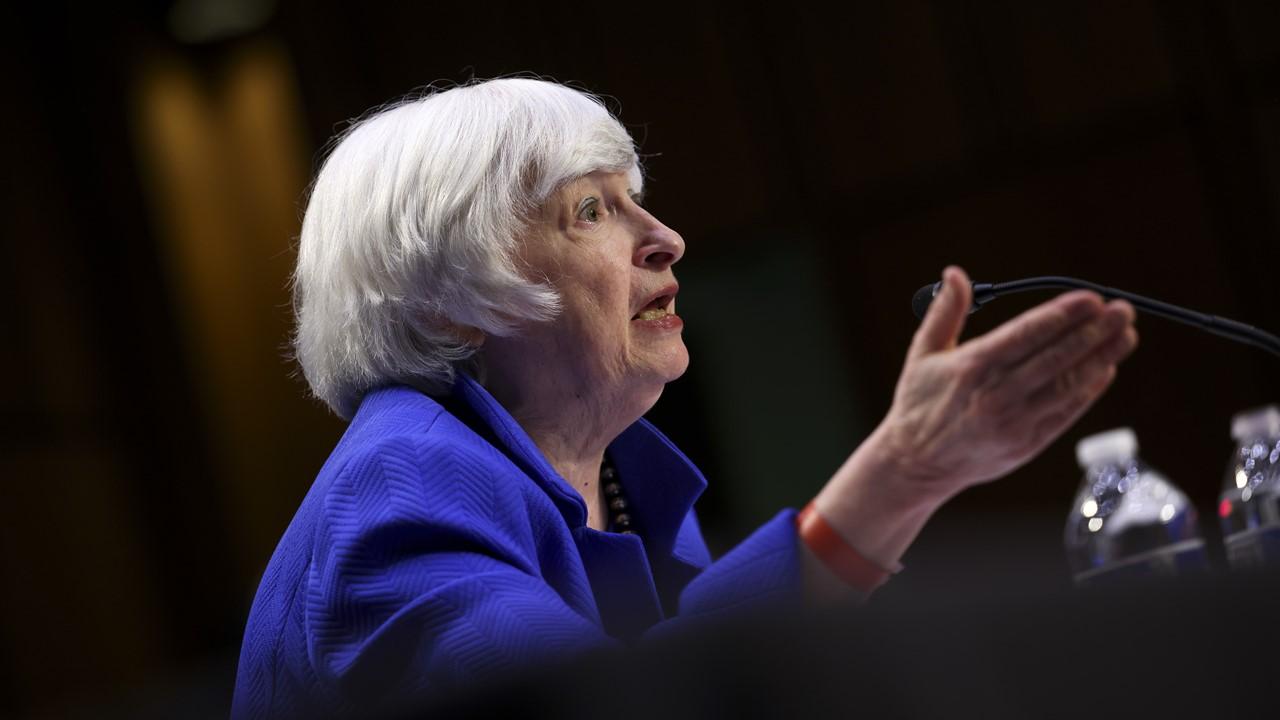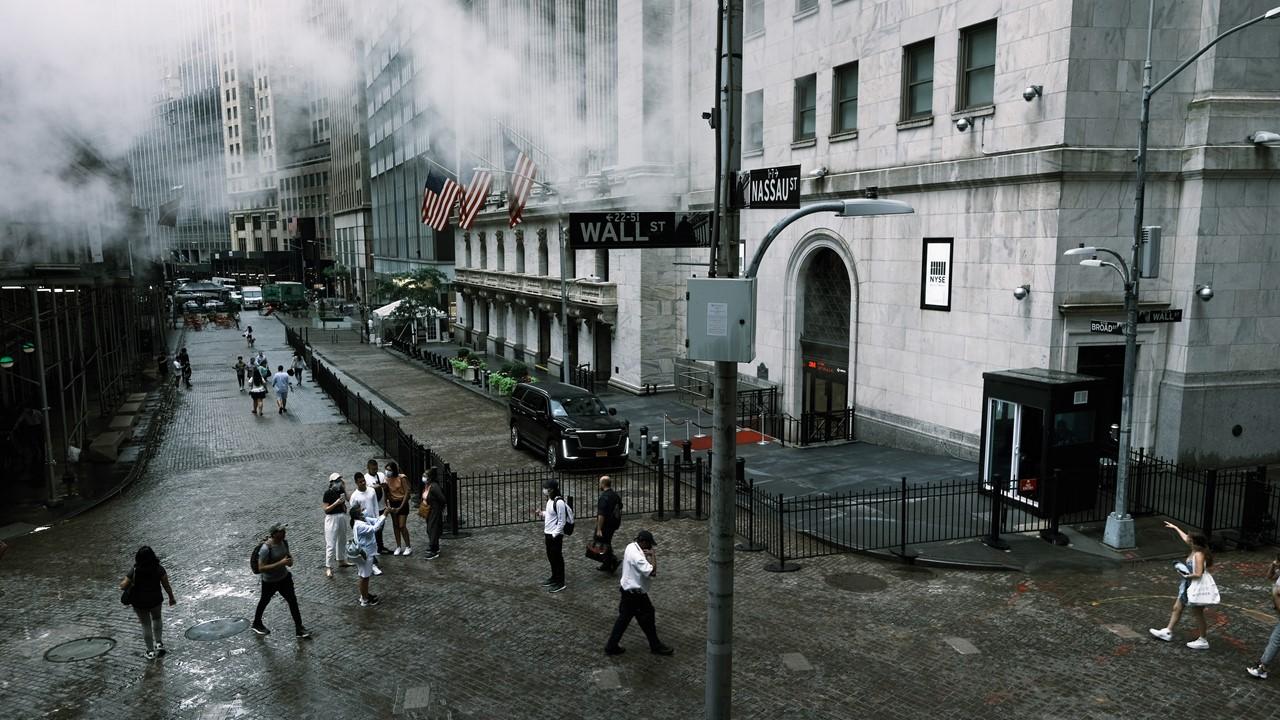How Debt Ceiling Showdowns Can Impact the Stock Market
The debt ceiling has been up for debate multiple times in recent years. How does the stock market usually react?
Oct. 15 2021, Published 12:35 p.m. ET

The nation’s eyes are focused on Washington, D.C. for many reasons, including President Biden’s infrastructure bills and the government’s budget. Another major issue is the debt ceiling and the potentially dire consequences that could occur if the U.S. defaults on its debt.
Citizens are watching as Congressional members on both sides of the aisle debate over whether to raise the debt ceiling in order to avert an economic catastrophe. Unfortunately, this game of waiting until the last minute to either provide an increase or an extension on the debt ceiling isn't new in Congress.
How often has the debt ceiling issue been raised?
The debt ceiling has been raised or suspended nearly 100 times since World War II. Usually, the House and Senate vote to either suspend the debt ceiling or raise it. Secretary of the Treasury Janet Yellen has issued stern warnings in recent weeks about how the economy would be impacted in the event of a default.

Some analysts, like Mark Hamrick, a senior economic analyst for Bankrate.com, have compared the debt ceiling to the old children’s game of “kick the can.” Hamrick said that extensions, like what Congress recently agreed to, merely put the problem off for a few months, so they “continue to be a burden on consumers,” according to CNBC.
Connection between the debt ceiling and the stock market
The U.S. debt limit has caused ripple effects throughout the economy and the stock market in the past. Hamrick noted that just a decade ago, uncertainty about the debt ceiling led to a major market sell-off that impacted investors.
CNBC noted that in 2011, Congress was locked in a standoff very similar to the current situation. Despite an eventual agreement being reached, the markets were affected. For example, the S&P 500 dropped by 18 percent between July and October of 2011. The country’s credit rating got downgraded, which hurt borrowers with higher costs.
However, Forbes reported that markets recovered quickly in 2011, and said, “Stocks weren’t fazed by the latest debt ceiling showdown in 2013.”
In addition, Goldman Sachs has mentioned that companies that earn 20 percent or more of their revenue from government spending are at the greatest risk if debt limits cause market declines, according to Forbes. Goldman Sachs also listed 83 stocks that underperformed the S&P 500 by at least a percentage point during the last debate over the debt limit.
The potential downgrading of U.S. credit ratings appears to have a more direct impact on Treasury bond yields.

“Just the uncertainty can impact borrowing terms and borrowing availability," Yiming Ma, Assistant Finance Professor at Columbia University Business School, said of the constant debt ceiling negotiations between legislators.
Meanwhile, Fidelity noted that although Congress has always voted in the past to extend the debt ceiling to avoid default, the frequent delays until the last minute can cause short-term market volatility. On a somewhat bright side, Lars Schuster of Fidelity said that volatility in the short-term might present “a good rebalancing opportunity.”
Some people say that the debt ceiling might not significantly affect markets. Wells Fargo analyst Michelle Wan and Schwab Center strategist Kathy Jones both said recently that the market and investors might not really react to the debt-ceiling debates, according to Reuters.
